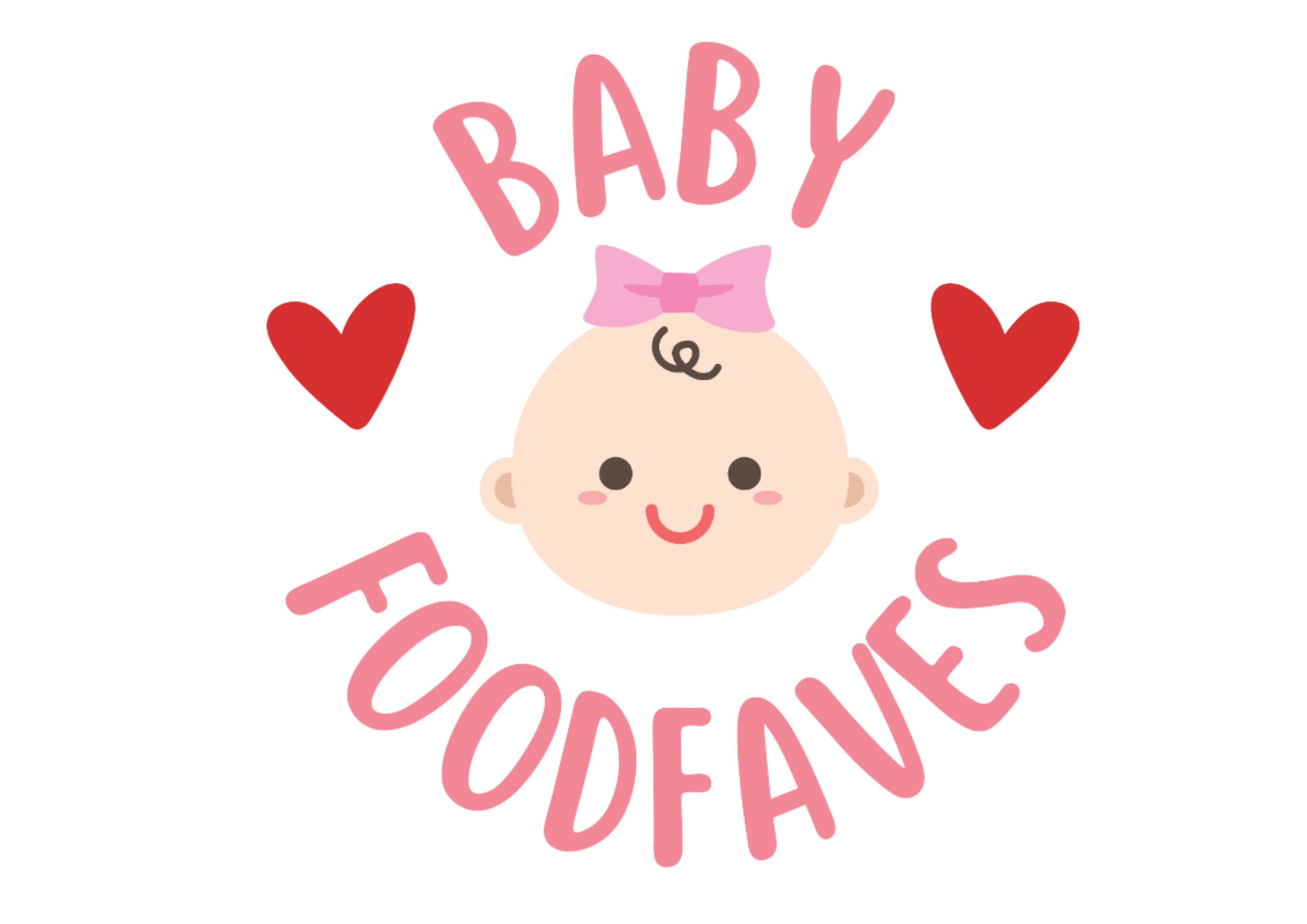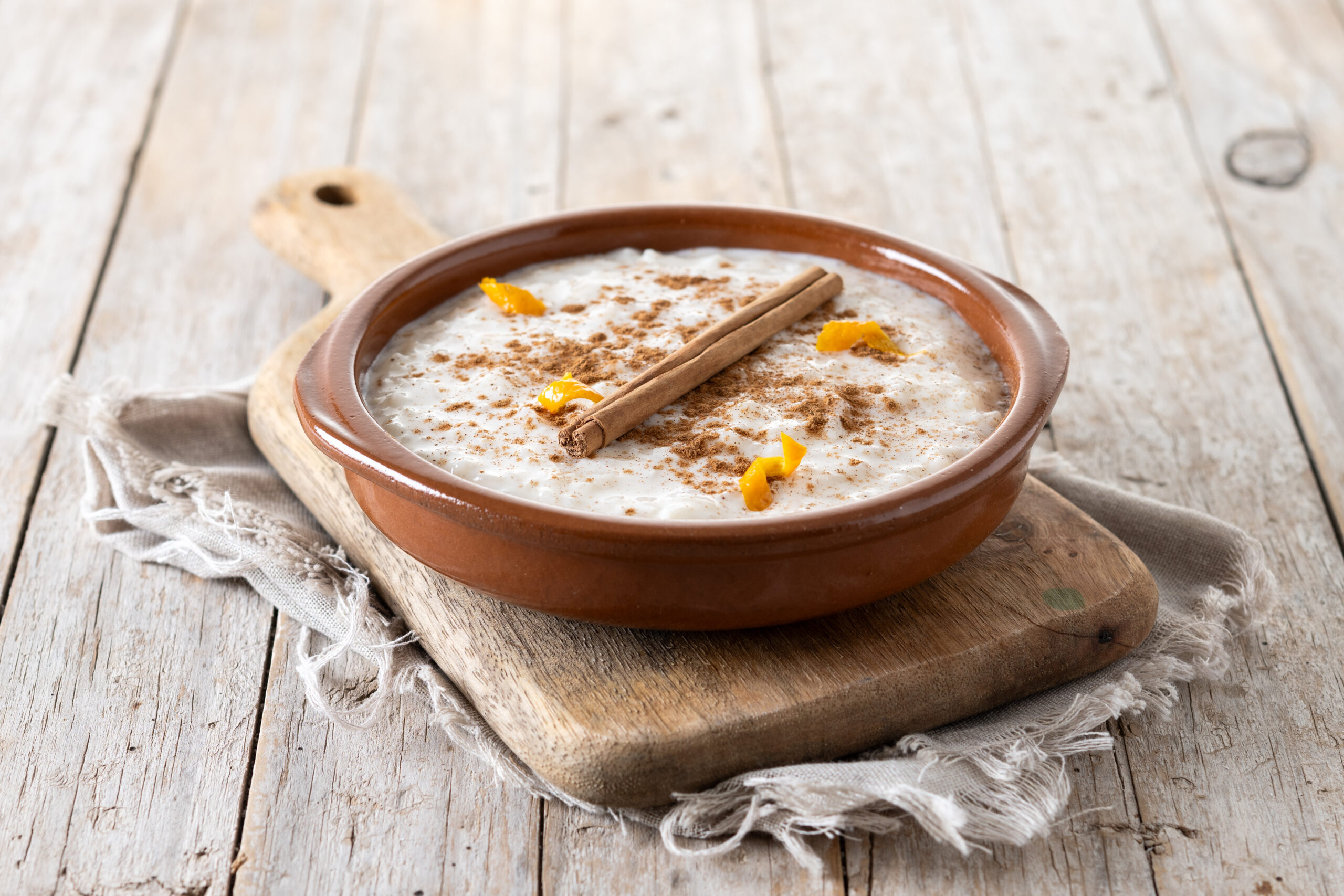
Yogurt for babies is one of those foods that can be both nutritious and delicious! As a parent, it’s exciting to introduce new foods to your little one, and yogurt is often a favorite. But when can you start offering yogurt to your baby, and what are the benefits? Let’s dive into the details, share some personal tips, and discuss how to safely add yogurt to your baby’s diet.
When Can I Introduce Yogurt for Babies?

Introducing yogurt to your baby is a big milestone, and it’s important to know when the right time is. Most pediatricians recommend introducing yogurt to babies around 6 months of age, after they’ve started eating solid foods. By this time, your baby’s digestive system is ready to handle dairy products like yogurt.
I remember when I first gave my baby a spoonful of plain yogurt—her face lit up, and she loved the creamy texture! It was the perfect way to add some extra nutrition to her meals.
If you’re unsure whether your baby is ready, always consult with your pediatrician, especially if there is a family history of dairy allergies.
The Benefits of Yogurt for Babies
Yogurt is packed with essential nutrients that can benefit your baby’s health. Here are a few reasons why yogurt is a great choice:
- Probiotics for Gut Health: Yogurt contains live probiotics that promote healthy digestion and a balanced gut. Since most babies are just starting to develop their digestive systems, probiotics help support their gut health.
- Rich in Calcium: Calcium is essential for building strong bones and teeth. Yogurt provides a great source of this nutrient, which is crucial for your baby’s growth during the first year.
- Protein Power: Yogurt also contains protein, which is vital for your baby’s muscle development and overall growth. Including yogurt in their diet can help provide the energy they need for all their daily activities.
- Vitamin D: Many brands of yogurt are fortified with vitamin D, which helps your baby absorb calcium and promotes healthy bone growth.
In my experience, incorporating yogurt into my baby’s diet helped make sure she was getting all of these nutrients in a tasty and easy-to-digest form. I could always count on yogurt as a nutritious snack, and it was so easy to pair with fruits or oatmeal.
What Type of Yogurt is Best for Babies?
When choosing yogurt for your baby, it’s important to go for the right type. Here’s what to keep in mind:
- Plain, Full-Fat Yogurt: For babies under 1 year old, plain, full-fat yogurt is best. Babies need the extra fats for brain development, and flavored yogurts often contain added sugars, which are not recommended for babies.
- Avoid Added Sugar: Flavored yogurts can be tempting, but they often contain added sugars that aren’t suitable for babies. Look for unsweetened options and add natural flavors like pureed fruit if you want to enhance the taste.
- Greek Yogurt: If you choose Greek yogurt, make sure it’s plain and whole-milk. Greek yogurt is thicker and has a slightly tangy taste, but it’s packed with protein, making it a great choice.
I personally started with plain, full-fat yogurt and then introduced different combinations like mashed banana or applesauce. My baby loved it, and I knew I was giving her a healthy, nutritious snack.
How to Serve Yogurt to Babies

Here are a few fun and easy ways to serve yogurt for babies:
- Solo: Simply offer plain yogurt with a small spoon. My baby loved exploring the creamy texture.
- With Fruit: Mash or puree fruits like strawberries, blueberries, or bananas and mix them with yogurt to add a burst of flavor. If you’re looking for more ideas on the best first fruits for babies, check out my article on first fruits for babies for helpful tips and suggestions on introducing fruits into your baby’s diet.
- In Smoothies: Combine yogurt with fruits and a little water or breast milk/formula to make a tasty smoothie.
- In Oatmeal or Porridge: Stir some yogurt into your baby’s oatmeal for added creaminess and nutrition.
I loved experimenting with different fruits and flavors to make yogurt even more exciting. It’s a perfect base for creativity while still offering all the essential nutrients.
Common Concerns About Yogurt for Babies
Introducing new foods like yogurt to your baby can bring up questions. Here are some things to keep in mind:
- Allergies: If there’s a history of dairy allergies in your family, talk to your pediatrician before introducing yogurt. Some babies may be sensitive to dairy products.
- Constipation: Some babies may experience constipation with yogurt due to its thick texture. If this happens, try switching to a thinner yogurt or serving it with fruit, which can help with digestion.
- Portion Size: Start with small amounts, about 1-2 tablespoons, and gradually increase the serving size as your baby gets used to it.
My Personal Experience with Yogurt for Babies
I’ve always found yogurt to be one of the easiest and healthiest foods to add to my baby’s diet. Not only was it packed with nutrients, but it was also quick to prepare. I would often combine it with different fruits and occasionally add a sprinkle of cinnamon. It became a favorite snack that she would enjoy several times a week. Watching her discover new flavors was one of the most rewarding parts of feeding her.
Conclusion
Yogurt for babies is a nutritious, versatile food that can help your little one grow strong and healthy. From the benefits of probiotics and calcium to how easy it is to serve, yogurt can become a staple in your baby’s diet. As always, be sure to introduce it carefully and in moderation, and experiment with flavors to keep mealtime fun and interesting.
Have you introduced yogurt to your baby? What flavors or combinations does your baby love? Feel free to share your experience in the comments below—I’d love to hear your thoughts!
Frequently Asked Questions (FAQ)
Q: Can I give yogurt to my baby before 6 months?
A: Most pediatricians recommend waiting until your baby is about 6 months old to introduce yogurt, as that’s when they typically start eating solid foods. Always check with your pediatrician first.
Q: What’s the best yogurt for babies?
A: Choose plain, full-fat yogurt with no added sugar. Greek yogurt is a good choice for its high protein content.
Q: Can I add fruit to my baby’s yogurt?
A: Yes! Adding pureed or mashed fruit to yogurt is a great way to introduce new flavors to your baby. Just make sure the fruit is safe and easy to digest.
Q: How much yogurt should I give my baby?
A: Start with about 1-2 tablespoons of yogurt and gradually increase the amount as your baby gets used to it. Aim for a few servings per week, depending on your baby’s appetite and dietary needs.
Q: What if my baby is lactose intolerant?
A: If your baby is lactose intolerant, there are lactose-free yogurts available. Always consult your pediatrician before introducing any new food
Q: Can I add honey to my baby’s yogurt?
A: You can add mashed or pureed fruit, but avoid honey until your baby is at least 12 months old due to the risk of botulism.
















Leave a Reply